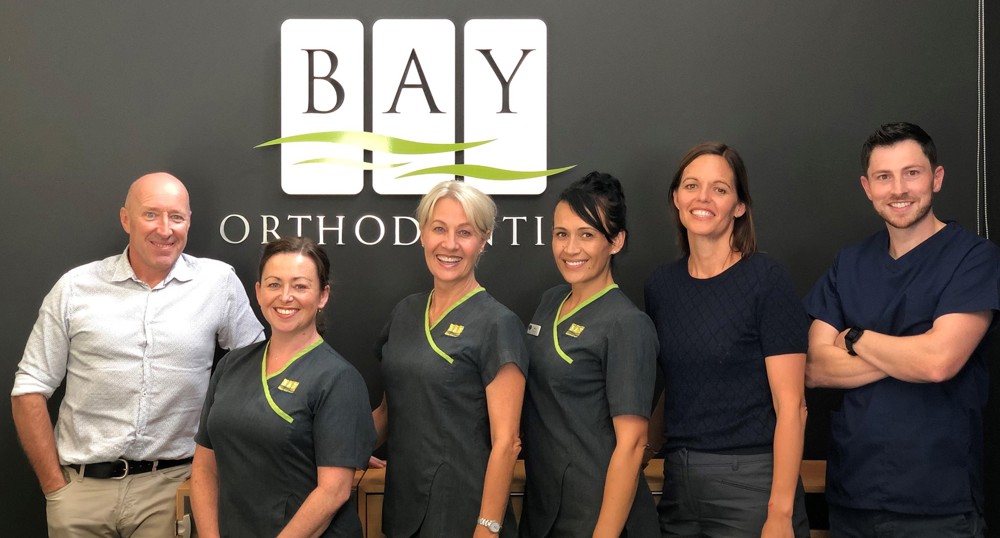Welcome to Bay Orthodontics. Our practice is situated on the corner of Cameron Road and 14th Avenue in sunny Tauranga, directly across the road from Tauranga Boys College.
We have a great team of qualified professionals and helpful, friendly staff. Our team is made up of two highly skilled Orthodontists, Mark and Justin, as well as our amazing support staff.
We offer a range of orthodontic services to suit your needs and our specialists can determine the best option for you.
Our most popular treatments include, stainless Steel (traditional) braces, ceramic braces and Invisalign. We also offer a digital panoramic radiographic service to the public from our practice.
If you're a new patient, learn more about what happens in your initial appointment with us.




